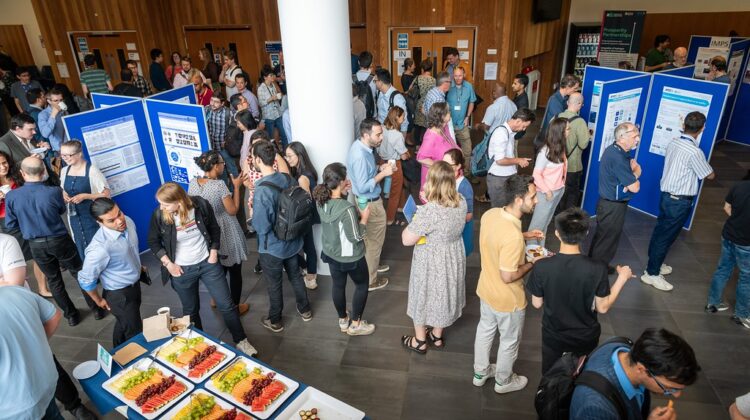
The University of Bath’s Faculty of Engineering & Design has restructured its research centres to better reflect the institution’s strategic priorities of providing research solutions to major challenges in the fields of sustainability, digitisation and health and wellbeing.
Six new or strategically realigned centres and one new institute will exist in the faculty’s new research architecture, with centres focusing on research in areas including sustainable energy, bioengineering, climate adaptation and mobility.
‘The greatest challenges facing humanity cannot possibly be solved through single-discipline research,’ said Professor Tim Ibell, dean of the Faculty of Engineering & Design. ‘We need to be covered in Velcro to attract collaborators across boundaries if we are to achieve globally leading research with impact. This is what these new research centres are trying to achieve. They are based in, and funded by, the Faculty of Engineering & Design, but their doors are wide open for all comers. The world needs this approach.’
Among the new centres/institutes are the Centre for Bioengineering & Biomedical Technologies, which will focus on areas such as biosensors, orthopaedic biomechanics and prosthetics and orthotics; the Centre for Digital, Manufacturing & Design, which will focus on research themes such as cradle-to-cradle design and manufacturing, and right-first-time additive-manufactured parts; and the Centre for Regenerative Design & Engineering for a Net Positive World, which will focus on research themes such as low-carbon and low-energy building design, and low-cost, bio-inspired and ecologically responsive materials.
Overseen by Professor Ibell and managed by Professors Davide Mattia and Chris Bowen, the restructure was prompted by a desire to put research challenges in the three priority areas of sustainability, digital and health and wellbeing at the heart of the centres’ work, while encouraging ambitious and exciting research and cross-disciplinary working. Each of the faculty’s 160 academics will have a direct association with one of the centres, with freedom for cross-collaborative working.
‘The new centres are the result of a highly participative process, with all academic, research and technical staff and PhDs working together to create diverse, inclusive and ambitious research communities, said Professor Mattia, the deputy dean of the faculty. ‘As the scale of challenges increases – from addressing the effects of the climate emergency to the emergence of AI to the electrification of society – so does the complexity of our responses, requiring ideas from multiple disciplines and perspectives. We believe our new centres are best placed to tackle these global challenges and we look forward to welcoming additional members from across the university and beyond.’


